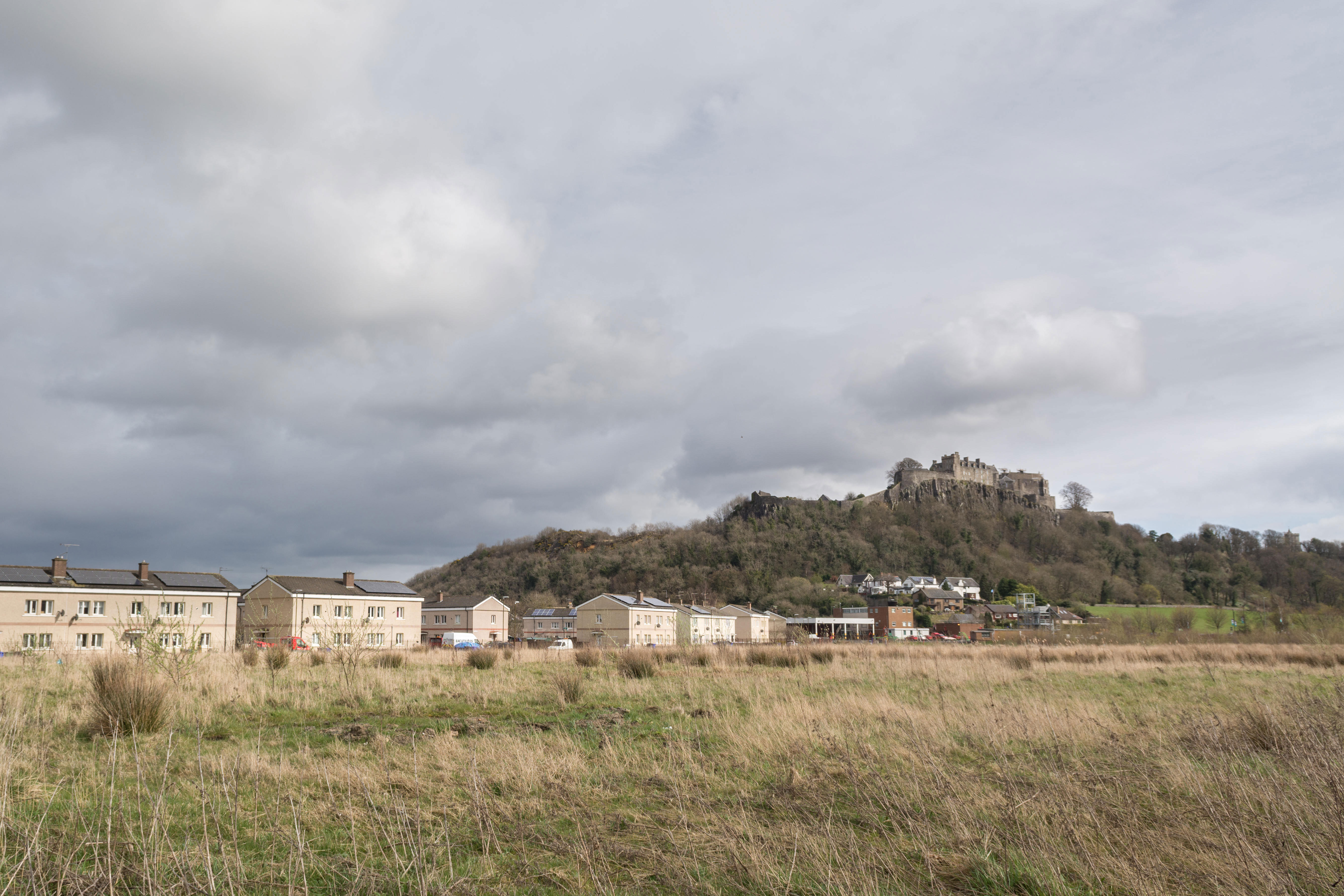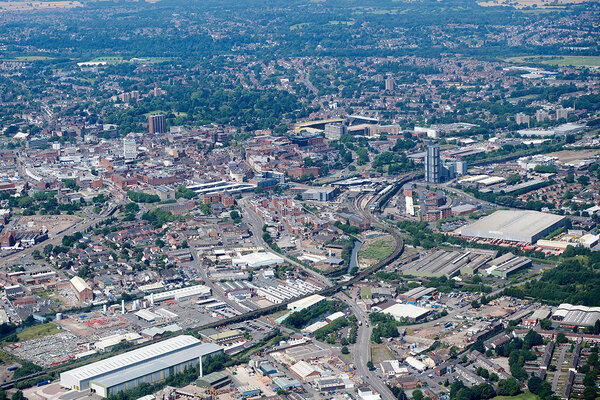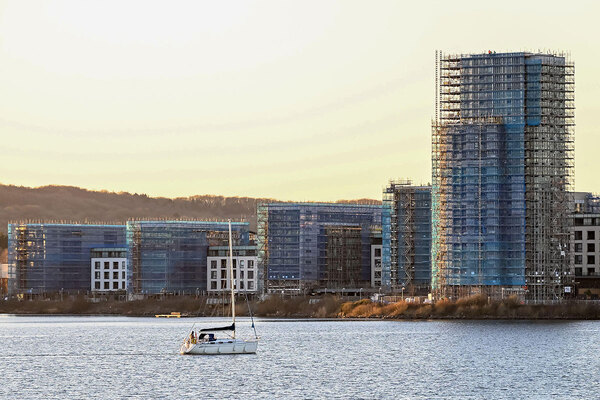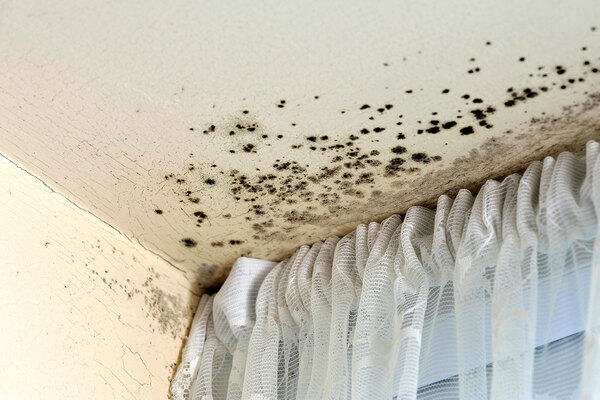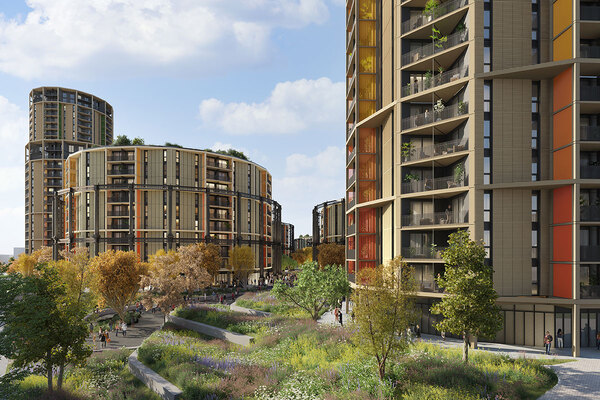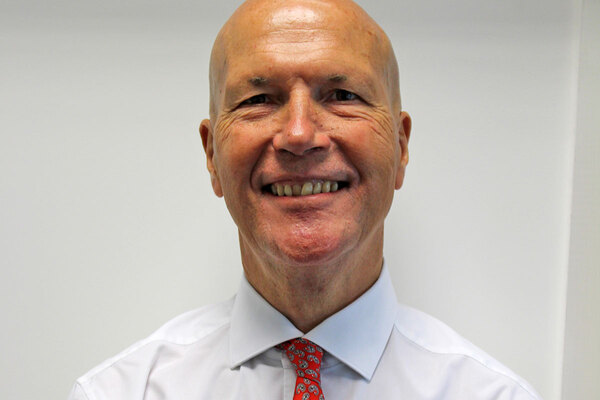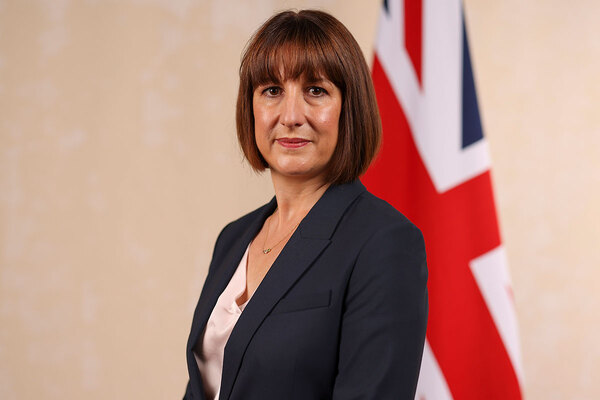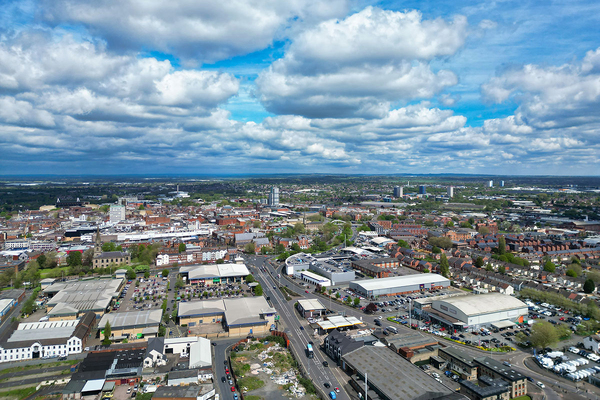Scottish social landlords see costs rise by more than 9%
Operating costs for registered social landlords (RSLs) in Scotland rose by 9.06%, driven by a substantial increase in planned and reactive maintenance costs, new data from the regulator shows.
In its annual analysis of social landlords’ financial statements in the year up to 31 March 2022, the Scottish Housing Regulator (SHR) revealed the rise in cost was accompanied by turnover increasing by only 5%, putting a squeeze on margins.
However, according to the report, which provides an overview of landlords’ returns for the year, RSLs’ “robust financial performance and strong liquidity” mean they remain in a relatively strong position to respond to the financial challenges ahead. The regulator added that “those challenges are significant”.
The report stated that the level of economic volatility and uncertainty facing RSLs and their tenants over the reporting period was “unprecedented”.
These factors affected their performance, including work to catch up on maintenance and development deferred because of COVID-19 restrictions, as well as Brexit and Russia’s invasion of Ukraine.
However, the regulator concluded that, in general, RSLs “withstood difficult economic and operating conditions” in 2021-22, but that “the complex and uncertain economic environment that [they] operate in has worsened” since March 2022.
In 2021-22, RSL turnover increased by 5.05%, to £1.9bn, and affordable lettings turnover rose by 3.07%, to £1.64bn, contributing 86.27% of total turnover.
This included gross rent receivable and service charges of £1.47bn, a rise of 2.7%.
Operating costs increased by 9.06% to £1.55bn, while planned and reactive maintenance costs rose significantly, by 17.6% and 22.9%, respectively.
Operating surplus after exceptional items dropped marginally, by 2.54% to £380.57m.
Affordable lettings surplus was lower than the previous year, as RSLs began to catch up on maintenance and development delayed by the COVID-19 pandemic.
According to the report, despite problems related to the pandemic, RSLs continued investing in new and existing homes. Net housing assets were up by £860.23m, to £14.9bn.
The average rent for RSLs rose by 1.8%, below both the Consumer Price Index (CPI) and Retail Price Index (RPI).
As economic volatility worsened after March 2022, with inflation rising to 11% in October and high food and energy prices, the regulator said RSLs would need to adjust their business plans appropriately.
According to the report: “While the Scottish government has not capped rents beyond 31 March 2023 for the social rented sector, RSLs have committed to an average rent increase of no more than 6.1%.
“It is in that context that RSLs are looking to deliver on investment in their existing stock, building safety and decarbonisation, and stock quality commitments, as well as continuing to invest in building new homes.”
The regulator expected RSLs would be required to adjust their business plans “to ensure they continue to manage their resources to ensure their financial well-being, while maintaining rents at a level that tenants can afford to pay”.
Shaun Keenan, assistant director of financial regulation at the SHR, said: “Despite the many challenges, RSL financial performance was generally robust, with turnover up, operating surplus dropping marginally and healthy interest cover.
“The financial performance in the year was backed up by strong liquidity, with total cash and undrawn facilities totalling £1.81bn as at 31 March 2022.
“The level of economic volatility and uncertainty facing RSLs and their tenants over the reporting period was unprecedented, and since 31 March 2022, the complex and uncertain economic environment that RSLs operate in has worsened.
“It will be vital that RSLs are able to adjust their business plans and continue to manage their resources to ensure their financial well-being, while maintaining rents at a level that tenants can afford to pay.”
Sign up for our Scotland newsletter
Already have an account? Click here to manage your newsletters

